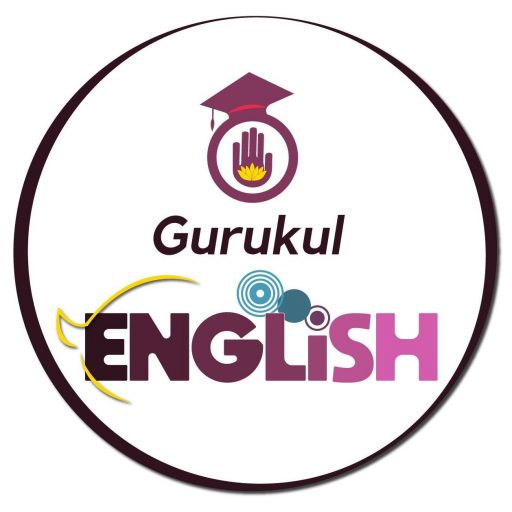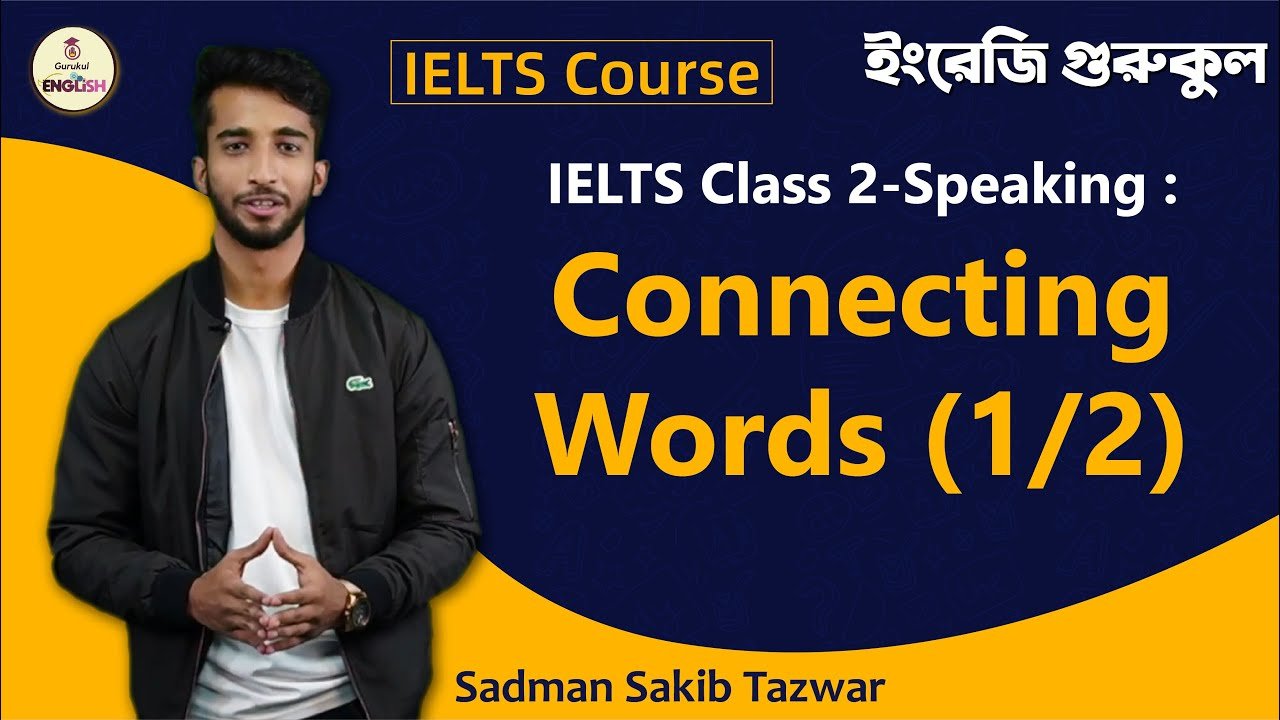Connecting Words class is a part of our “IELTS Course”. This is the 2nd class of our “IELTS Course”. Our “IELTS Course” will help you in your IELTS preparation. Prepare for the IELTS exam online at your own pace, Our “IELTS Courses” will help you get the score you need. This class has been made to help you in your IELTS examination.
Connecting Words
Why Should I Learn Linking Words/Connecting Words?
The answer to this one is fairly straightforward. If you don’t know a variety of linking words to connect ideas together in a piece of writing, then you’re writing won’t make sense. In the very best case here, your reader will become confused and fail to follow the message you are trying to get across in your writing, because the bits of text that should ordinarily fit together, just won’t without the linking words there to connect them.

So, you know what they are and why you need to know them – but what are some examples of linking words? We couldn’t possibly include them all because there are literally hundreds, but hopefully by highlighting some examples and showing their importance in a sentence, you’ll be able to understand the job they do more clearly and focus on learning some other ones for yourself.
Examples of Linking Words
Linking Words to Add More Information
These words simply add additional information to your sentence or paragraph to show that two ideas are similar. Here are some examples:
- It started to rain and I got soaked – ‘and’ is the linking word that connects the two ideas of the individual being in the rain and getting soaked.
- It can’t be the dog’s fault nor the cat’s – ‘nor’ connects the idea that neither the cat or dog was at fault.
- We could go shopping first then get a bite to eat – ‘then’ shows that both ideas are connected, it also adds some sequence to the sentence by showing the order of things.

Linking Words to Contrast a Point
Sometimes you need to link two ideas together that are actually opposites in terms of what you are trying to say. Here are some words that will help you do that:
- Annie could have gone for a run but she decided she was too tired – ‘but’ connects two ideas that are related, but they oppose one another. She could have gone for a run, but she didn’t.
- It’s my turn to make dinner tonight although a takeout might be easier – ‘although’ provides an opposite argument again, so it links the ideas in a contrasting way.
- Carrots seemed to be the bunny’s preferred food. On the other hand, lettuce was chosen second most frequently and the difference was marginal – ‘on the other hand’ shows clearly to the reader that a different point of view is coming.
Linking Words to Support a Point
If you’re trying to prove something or say something happened as a result of something else, then you will need words like the following:
- I failed my test because I didn’t study – ‘because’ gets the reader ready to learn why somebody failed their test.
- I could have done something differently, in fact, we all could have – ‘in fact’ shows that the two ideas are linked together and support one another.
- Jack had been sad since his girlfriend broke up with him – ‘since’ is being used here to explain why Jack was sad, so it links the ideas again.

Details about Connecting Words – English Grammar :
